May 22, 2020
Even COVID-19 CARES about HMT
As hospitals frantically search for personal protective equipment (PPE), ventilators, and COVID-19 tests, the need for reliable and efficient access to products has heightened. The successes of our supply chain were celebrated and the failures and breakdowns resulted in life-threatening shortages. Presumably, this is why Congress incorporated full utilization of the HMT into the Coronavirus Aid, Relief, and Economic Security Act (H.R. 748), also known as the CARES Act.
This recognition is very meaningful; America’s ports and waterways are foundational to our goods movement industry and drive our economy through commerce, employment and tax revenue. Underutilizing scarce maintenance dollars jeopardizes the competitiveness of our industry, so it is timely and critical that full expenditure of the HMT occur to fortify our infrastructure. However, it would be irresponsible to stop with full-spend when critical new reform is within reach.
Congress created the Harbor Maintenance Tax in 1986 so that those who benefit from the use of federal channels share in the associated costs of channel maintenance. It is levied directly on importers and domestic shippers using coastal or inland ports as a 0.125 percent ad valorem tax on imported cargo (e.g., $1.25 per $1,000 value). Today, six donor ports generate over 50% of the HMT revenues, which are shared by all ports and harbors. These donor ports, like Los Angeles and Long Beach only receive about 3% of the $380 million in HMT revenues generated in San Pedro Bay. The same ports that are responsible for 30% of all of America’s containerized trade are systemically underfunded for basic maintenance. If shippers are sharing in the associated costs of channel maintenance, they have a reasonable expectation that the funds should maintain the ports and harbors they use. It is imperative that this inequity be addressed if ports are expected to be part of our economic recovery and competitive bedrock.
An underlying cause of this inequity that must be addressed is the limitation on the types of maintenance that can be funded by HMT. Traditionally, these dollars have been limited to funding federal channel dredging. This dredging is a vital need and must be sustained; however, we must recognize the vital maintenance needs of ports are not uniform. For deep-water ports like Los Angeles, our most urgent maintenance need is not federal channel dredging. We do; however, have $260 million in concrete repairs to our wharfs — needed to maintain efficient operations and safety — that are not HMT-eligible expenses.
The upcoming Water Resources Development Act (WRDA) reauthorization is the place to make these vital changes. It is imperative these changes are made before the HMT full spend provisions of the CARES Act go into effect in January 2021. If full spend is enacted without simultaneously addressing donor equity and expanded uses, we will be neglecting the very infrastructure that is sustaining our country. Inaction will exacerbate inequities and future reallocation may be politically untenable. The time to make these changes is now.
Earlier this month, the Senate Committee on Environment and Public Works released America’s Water Infrastructure Act 2020 (AWIA 2020). The draft omits HMT reforms, nor were they added in during the May 6, 2020, markup hearing. Ranking Member Thomas Carper (D-DE) strongly advocated for it to be addressed when the bill arrives for a vote on the Senate floor in the near future and we need our industry to communicate this importance to all of our federal leaders. The House will release their draft legislation soon, so it is essential to reiterate this sentiment to the members of the House Transportation and Infrastructure Committee immediately.
America’s ports are more important than ever – both for response to the COVID-19 pandemic and for driving economic recovery. We cannot risk unintentional harm by underutilizing HMT and neglecting the needs of our donor ports. A robust and healthy port industry is crucial to our nation’s economy and donor ports play a fundamental role in supporting the national freight system. The global pandemic and the associated economic downturn serve as stark reminders of the essential role that our ports play in sustaining our country. We must invest in our ports and harbors in effective, equitable ways. Let’s finish the job started in CARES and complete reform of the Harbor Maintenance Tax.
Add new comment
2025 PARTNERS
A special thank you to our premium level partners for your continued support.


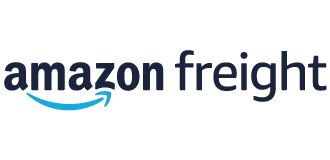


.png)
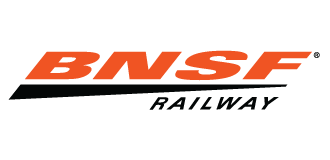


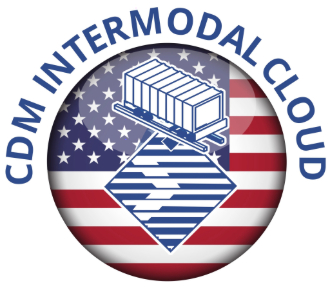
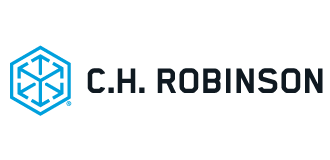






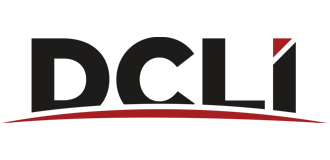
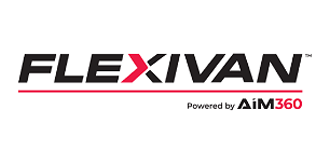





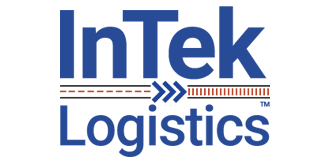
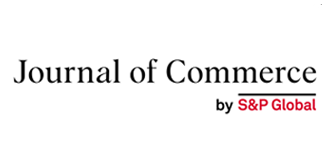


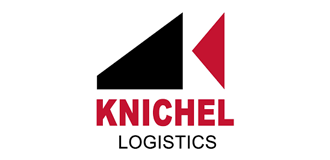

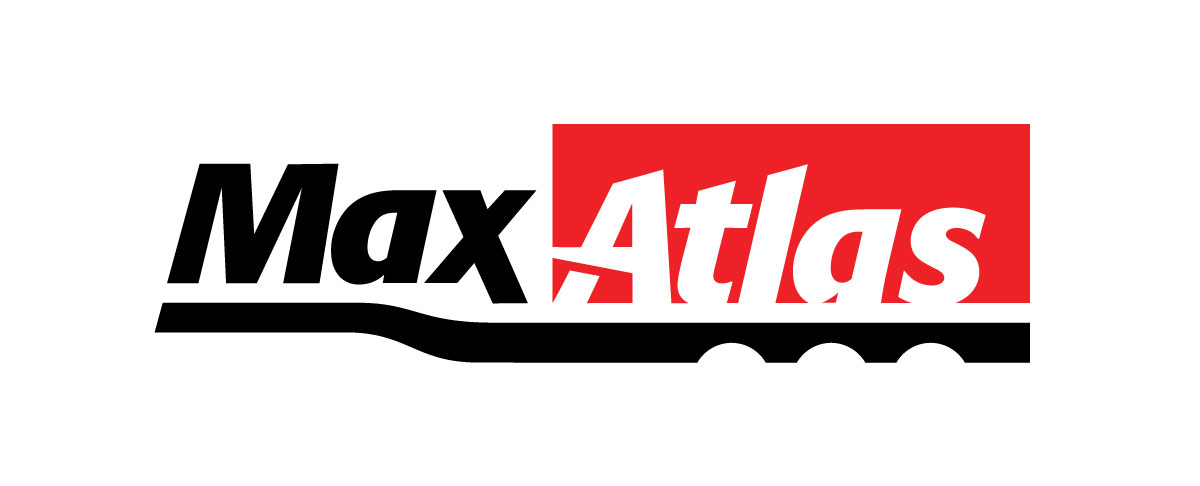

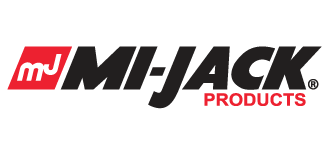
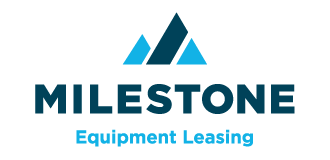
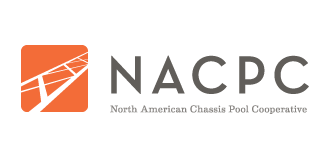
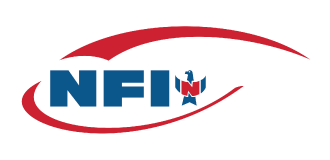
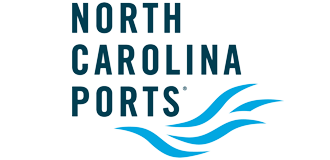




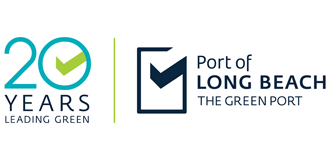

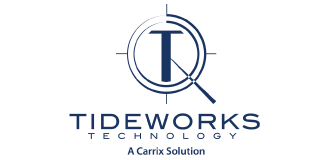

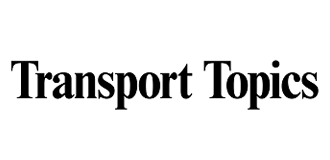
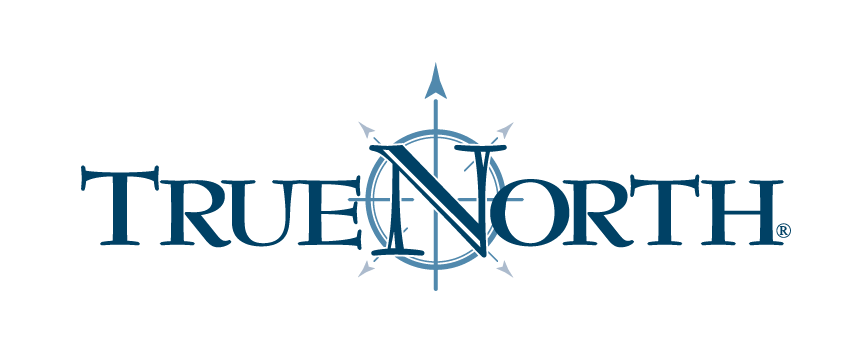

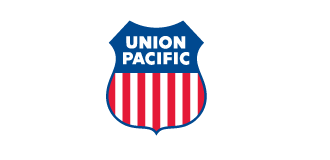
Comments